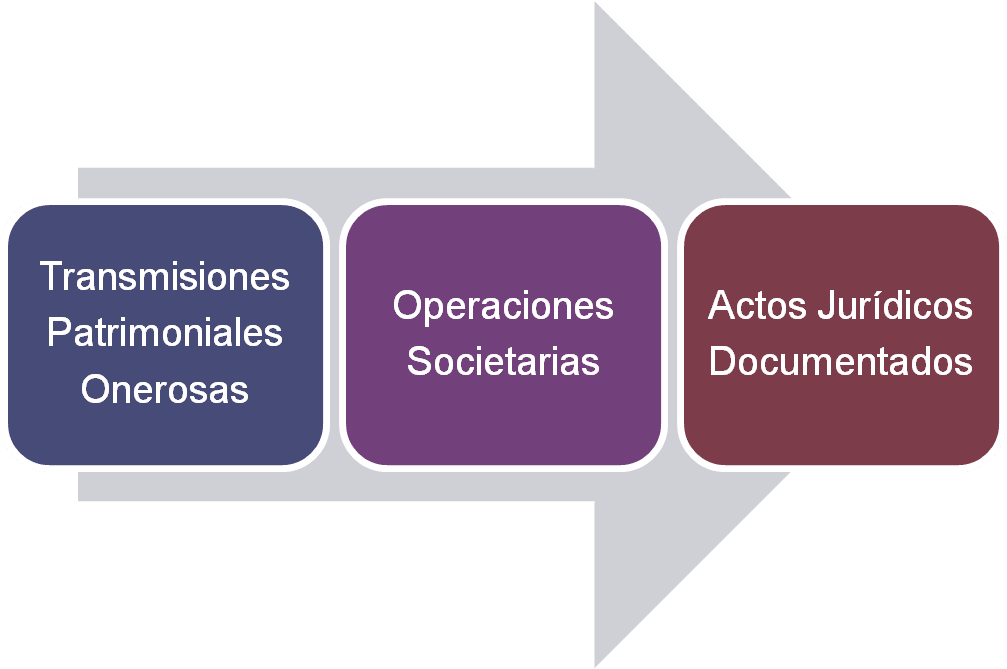
Who pays the ITP
In today's article we want to tell you about the ITP (Property Transfer Tax). This tax, perhaps unknown to most owners and tenants, must be taken into account, since not paying it could result in a financial penalty.
We are going to talk to you about the characteristics of this Patrimonial Transfer Tax, who is responsible for paying it, what is the amount that must be paid to satisfy the tax and when it must be paid to the coffers of the corresponding autonomous community.
What is ITP?
The acronym ITP will correspond with the Tax Transfer Tax and Stamp Legal Documented. This tax is an indirect tax that will be levied:
–Onerous property transfers.
–Corporate operations.
–The documented legal acts.
Within these operations, as well as property purchases, this tax is also involved in the lease, for while a well is not acquired itself, what it takes is the right to use, so it is considered a onerous patrimonial transfer.
The ITP is declared in Royal Legislative Decree 1/1993, although this tax ultimately depends on the autonomous communities that are in charge of imposing their own rates and collecting the tax.

Who must pay the ITP?
The Property Tax Transfer you should always pay the tenant. You must take into account the term to pay the tax, because if you do not catch up with the payment of the tax, the Treasury can send you a notification of provisional liquidation and later, the letter of payment with late payment interest.
The landlord also has to be attentive to the payment of this tax and make it very clear with the tenant that he must pay it, because, although it is the tenant who pays the tax, according to the law, if he does not take charge, the owner will be responsible. subsidiary and will have to face the charge, so it is important that we make sure that the tenant of the house takes care of their obligation to pay the tax.
It is always advisable to include a clause in the contract reminding the tenant that he must take care of the payment of the tax on the indicated date, to avoid misunderstandings that could lead to any type of financial penalty.
What amount is paid in the Tax on Patrimonial Transmissions
The exact amount to be paid to solve the Property Tax Transfer (ITP) depends on each autonomous community. Even so, we can get an idea of how much to pay by calculating an approximation. To know how much you have to pay the ITP tax on a rental, you have to perform a simple calculation.
The amount of the tax always depends on the monthly rent and the duration of the rental contract. It should be calculated the taxable amount of the total rent payable for the duration of the lease and, to this total taxable income, is applied to the rate that each autonomous community awarded.
For example, for a rent of 500 euros per month and one year of duration we would have a tax base of 6000 euros and on it we would have to make the rate, which the autonomous community that corresponds to us, imposes on us.
Date to pay the ITP. Model 600

The tenant has 30 calendar days after the formalization of the lease to pay the Property Transfer Tax within the legally imposed framework. The amount of the payment is made for the duration of the contract, but you can also go by from year to year if the contract subject to the tax is of extended character.
To pay the tax must complete the model 600 corresponding to the autonomous community to which it belongs, because as we stated earlier, is each community independently responsible for imposing their own rate and amount usually vary from one to another.
As we have said, it is very important to take this into account and make it known to the tenant, since in the event that they miss paying it, it will be the landlord who has to face the payment of the tax. Therefore, it is best for both parties to discuss it at the time of the rental contract and avoid possible problems that may arise for both of them and thus they can enjoy the rental period with greater peace of mind and trust between them.
Deduct ITP
The Asset Transfer Tax is a tax-deductible expense for the treasury. You have to be very specific when declaring the tax to get the maximum possible deduction from this tax.
You must be meticulous when it comes to carrying out the tax correctly and not forgetting any amount to do it correctly and then be able to take advantage of the deduction that we can benefit from when sending the income statement.
For your peace of mind, trust professionals in the sector
You have to be careful with the payment of this tax, because its knowledge is not very widespread and for a few years this part is quite persecuted by the treasury in cases in which it is not paid.
From Homewatch we can help you with this and all the procedures you have to do regarding the rental of a home. Whether you are an owner or a tenant, you can delegate your procedures to us so that we can take care of it and in a simple way you have everything resolved in the event of possible interference that may be claimed in the future.
Trust our professionals so that no detail is missed and you can enjoy your rental stay simply and without worries.